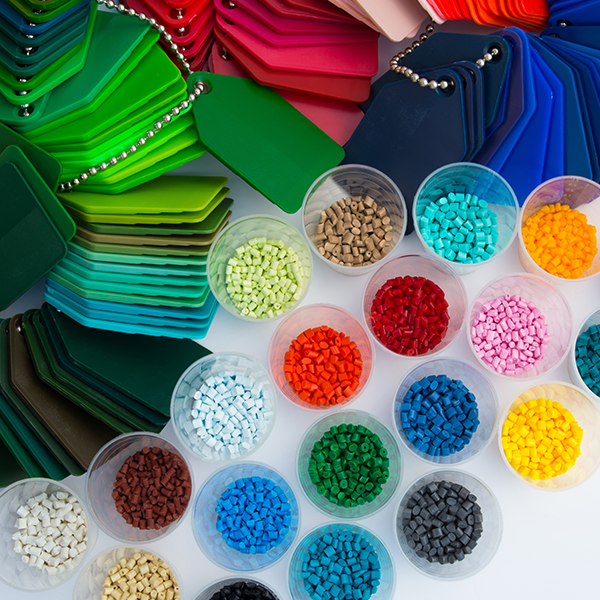Polymer Solutions for Your EV and Battery Technologies
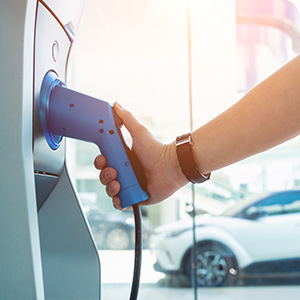
Polymer Options for Your Unique Charging Infrastructure Designs
From the electronic control box to the charge plug connector and cable, these components need to be designed to withstand a variety of conditions and power loads. When selecting a material for your EV supply equipment assembly, consider:
-
Mechanical and electrical challenges, such as drop impacts, overheating, meeting safety standards and enduring repeated use.
-
Combining high impact, strength, stiffness, and chemical resistance to withstand abusive conditions while maintaining aesthetics.
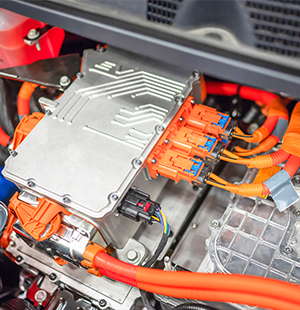
Innovative Polymers for Lighter Weight EV Battery Assemblies
With battery systems evolving, so do the needs and challenges of each component that make it all possible. Polymers play an important role as they can address:
-
High strength and stiffness required in the battery’s enclosures and modules.
-
Heat and flame resistance along with UL ratings for flame, address thermal aging (RTI) and electrical performance.
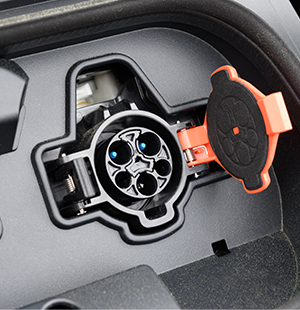
Designing Your Ideal EV Charge Port Assembly
An important component to an EV design is the charge port assembly, which enables the vehicle’s battery charging. Because of its environment and how it’s used, charge port components need to meet a variety of stringent requirements such as:
-
Processability and impact resistance along with heat stability and Class A surface paint performance.
-
High stiffness under load, temperature and chemical resistance and hydrolytic stability.
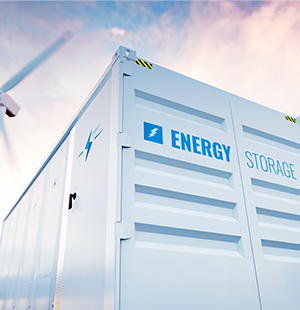
Conductive BMC for Fuel Cell and Battery Applications
Bipolar plates are multi-functional components within a cell stack and is an important element in fuel cell, flow battery and electrolyzer technologies. When selecting materials for bipolar plates it’s important to consider:
-
Corrosion, power density, weight, application durability and heat resistance characteristics.
-
Conductive Dura-BMC outperforms competitive materials in key areas while achieving other desired property needs.




